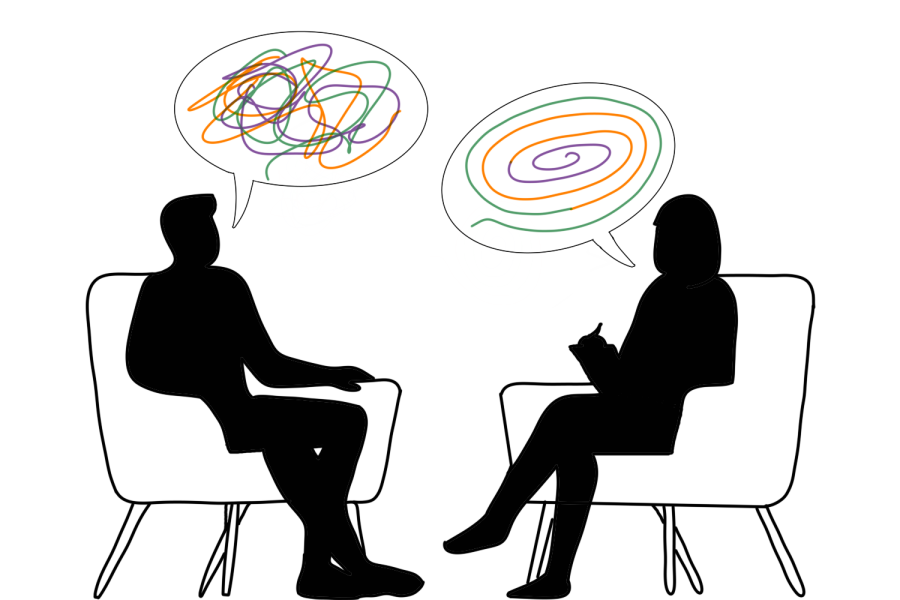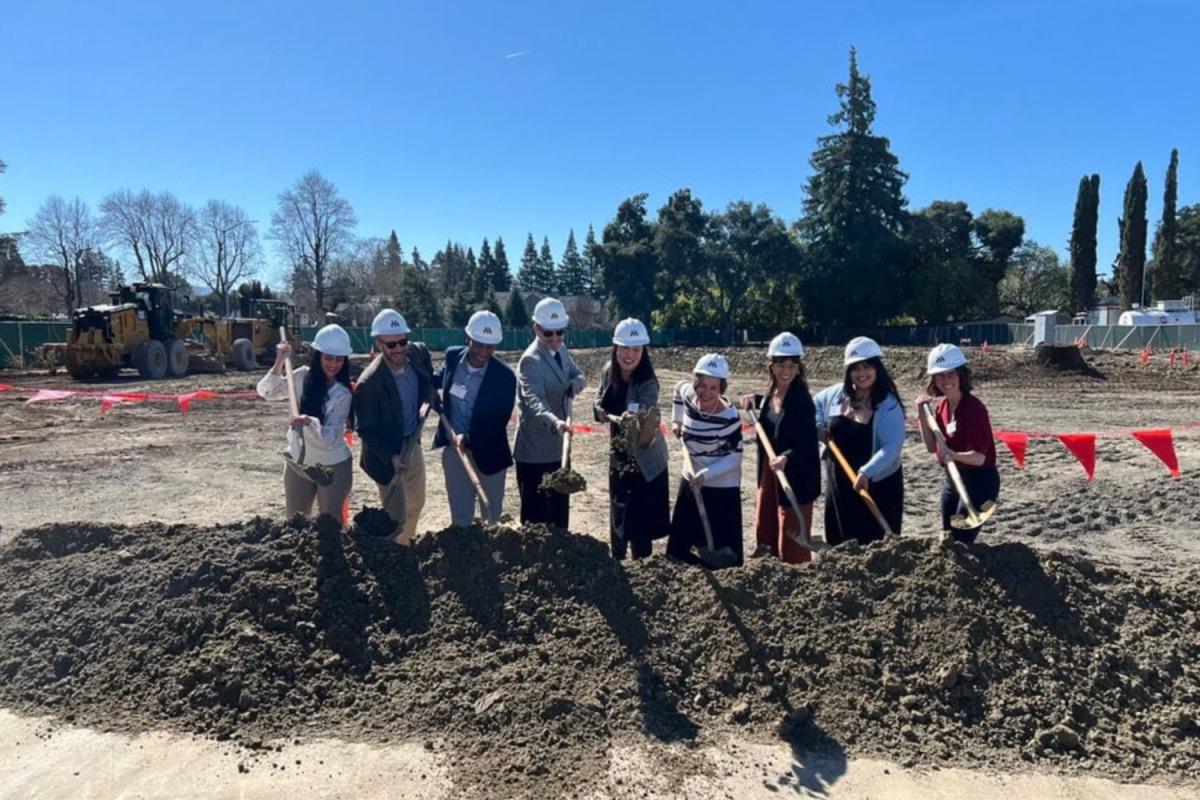With just $15,000, three interns, and a mission to alleviate what she calls “a radical tsunami of mental health needs,” Suzanne Hughes founded One Life Counseling Center in 2015. Here, anyone in the Bay Area could access therapy without the high fees and with great accessibility.
Just a couple of years before opening, Hughes started to see the basic definition of healthcare expand into mental stability. Lucky for her, she was over 10 years into her private practice as a therapist.
“I think it started to be destigmatized. Mental health became a little bit more accepted. It wasn’t a strange thing to get counseling anymore,” Hughes said.
Stigmatization was decreasing, but the demand for therapists skyrocketed. Hughes saw this as an opportunity for change.
“The need was increasing, but the therapists were not as available. So I wanted to work on a way that we could provide a major impact,” Hughes said.
In her years of experience working with teens at both Pescadero and Half Moon Bay high schools, she learned that there is always someone knocking on the door asking for help, but not always someone to answer.
“It’s just a passion for mental health, knowing it’s so important and super expensive. It’s a part of healthcare, it’s a part of staying sane and safe, and it should be available to everybody,” Hughes said.
She sees clients in all different stages of their life, and this scope is further widened by her fluency in Spanish.
“I did see many clients that were monolingual Spanish. I just think I had a passion for people that couldn’t access services because of financial barriers, and so it’s been nice to be able to serve everybody,” Hughes said.
While building an organization takes dedication and hard work, Hughes also had an encouraging community surrounding her that was yearning for more mental healthcare. Their support helped keep One Life afloat, with over 120 therapists and nine locations providing care to people in the Bay Area.
However, it often takes time for their work to take full effect, as opening up does not come easy to most.
“It’s hard to open up your soul to somebody new and scary; you feel vulnerable. There’s pushback that goes on to protect yourself, and I think it’s normal; it’s human behavior. We have to feel safe before connecting with somebody,” Hughes said.
As it turns out, the profession does not come naturally either. According to Hughes, for therapists, “your job is to get yourself out of a job.” The word guidance comes to mind when she thinks about her role, but still, the client-therapist relationship is quite ambiguous.
“It’s really working together to figure out what somebody needs for their life, wants for their life, where they want to go, and sticking with them to make sure they get there,” Hughes said.
However, maintaining this professional relationship poses challenges, especially since having empathy is a significant part of Hughes’ job as a therapist and human nature.
“We do have to care deeply about our clients, and if you want them to heal, people heal the best in those conditions where they’re cared for at a deep level,” Hughes said. “So it’s hard maintaining that space, and I think about my clients all the time. I wonder how they’re doing. Usually, I see people in the worst times of their life, so there’s always this wondering. It’s like, ‘Are they okay?’”
The personal toll on the counselor does not go without its burdens either. Helping others walk through life can be rewarding but, oftentimes, equally as draining.
“You take a front-row seat to human suffering, and you really do care about people, and so, it’s hard. It’s very hard,” Hughes said.
Hughes’ “package of tools,” as she puts it, is not only a product of her education and experience but simply the act of talking to others and taking something valuable away from listening to their life experiences.
“I learn from all of my clients. You watch their lives, you see how they’re doing, and you’re always learning tools. Being a therapist is more—if you’re a really good therapist—you’re always learning,” Hughes said. “You’ve never arrived. You’re always growing; life is always changing.”
Transparency is another aspect of forming a positive, beneficial relationship with clients. Hughes never fails to acknowledge that she has her own hardships, as any person does, and even has her own therapist. She thinks this honesty may have been what earned her the title of San Mateo County’s Woman of the Year for 2022.
“Life is hard, and I’m pretty transparent about my life, and it’s not been easy. So, I’d like to say that I’m just regular, and that’s why I got nominated because every woman struggles. Mine is just a little bit more public,” Hughes said.
Since life presents heartbreak, grief, confusion, and sadness to most, a need for someone to lean on is one thing that unites people—it just may take some time to give in to the process.
“You have to be open, honest, and available, and take advice and try to see things from a different lens. It’s about you listening to yourself and hearing yourself, and that’s a hard thing to do,” Hughes said.












